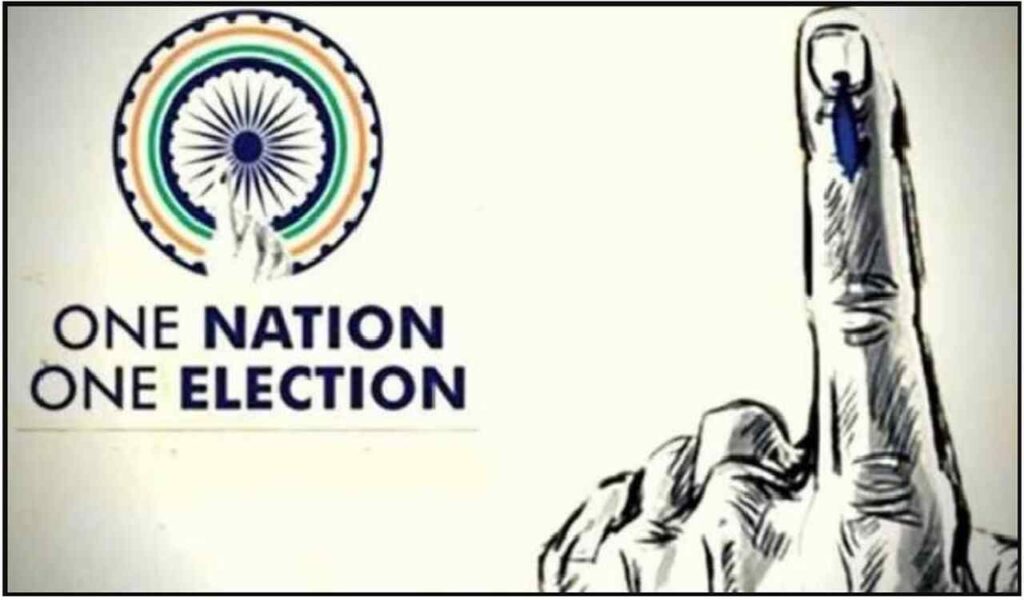AAP opposed One Nation One Election, said- ‘This will increase horse-trading…’

The Aam Aadmi Party, which is in power in Delhi and Punjab, has opposed One Country One Election. On Saturday, he sent his recommendations to a high level committee regarding the issue of One Nation One Election. AAP General Secretary Pankaj Gupta has written a 13-page recommendation letter addressed to Niten Chandra, Secretary of the High Level Committee. Through your letter, AAP has strongly opposed One Country One Election and said that it will harm the idea of democracy and the basic structure of the Constitution. This will also encourage open trading among members.
You made this recommendation
While making a recommendation through a letter to the high level committee, AAP wrote, we strongly oppose the idea of one country, one election. One Nation One Election will harm the idea of parliamentary democracy, the basic structure of the Constitution and the federal politics of the country. One Nation One Election unable to deal with the hung legislature will again increase the trend of defection and open horse-trading of MLAs/MPs.
AAP further said that efforts are being made to save costs by holding simultaneous elections. That is only 0.1 percent of the annual budget of the Government of India. The principles of the Constitution and democracy cannot be sacrificed for narrow financial gains and administrative convenience.
Owaisi also protested
Hyderabad MP and AIMIM president Asaduddin Owaisi wrote a letter to the high-level committee in protest against AAP’s One Country One Election, saying, ‘Neither the Parliamentary Standing Committee, NITI Aayog or Law Commission has shown that there is a need to take such a step. Why is it? Instead the discussion focuses on how it can be implemented. Unfortunately, the same flaw exists in the terms of reference of the HLC.
What is One Nation One Election?
The idea of ‘one nation, one election’ is to hold elections simultaneously in the entire country. This means that elections for the Lok Sabha and all the state assemblies will be held simultaneously across India and voting for both will take place around the same time. But if we talk about today, the elections for Assembly and Lok Sabha are different.
This much was spent in the 2019 general elections
One of the main reasons for holding simultaneous elections would be to reduce the cost of holding separate elections. According to reports, Rs 60,000 crore was spent in the 2019 Lok Sabha elections. This amount includes the expenditure incurred by the political parties contesting the elections and the expenditure incurred by the Election Commission of India (ECI) for conducting the elections.
Holding simultaneous elections will also help in ensuring continuity in the policies and programs of the central and state governments. At present, whenever elections are about to be held, the Model Code of Conduct is implemented, due to which the launch of new public welfare projects is banned. Apart from this, the Law Commission said that holding simultaneous elections will increase voter turnout, because it will be more convenient for them to vote at one go.
Earlier elections were held simultaneously
Let us tell you that till 1967, Assembly and Lok Sabha elections were held simultaneously in India, but after the premature dissolution of some Assemblies in 1968-69 and the Lok Sabha in 1970, elections started being held separately. After this, in the year 1983, the Election Commission had proposed to hold simultaneous elections, but the then government rejected it.




